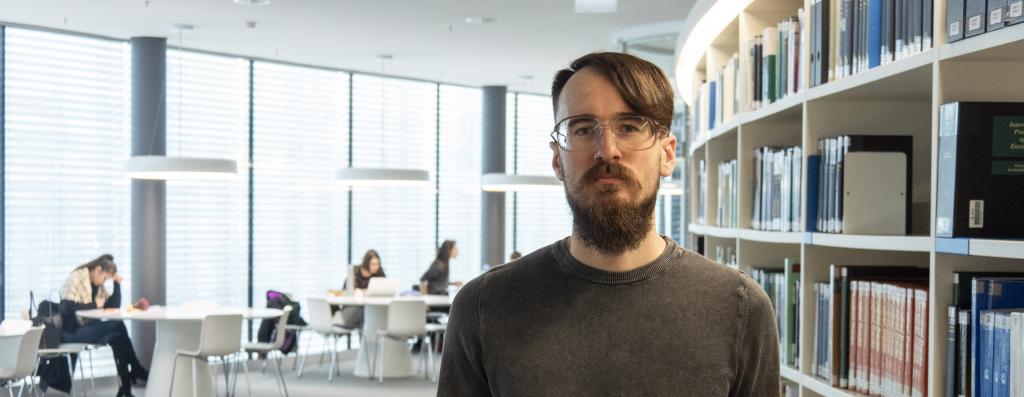I am a PhD candidate in Political Science at Yale University in the United States, where my dissertation focuses on the politics of multilateral nuclear arms control. In particular, I’m interested in the historical factors that motivated states to participate in such agreements. History yields a lot of theoretical lessons that may have policymaking implications for achieving the entry-into-force of contemporary treaties. My overall research agenda uses qualitative, quantitative and experimental methods to address nuclear weapons issues (arms control, deterrence and proliferation).
Prior to doctoral studies, I worked on nuclear treaty verification for the US Department of Energy and was a researcher at a think tank in Washington, DC: the Federation of American Scientists. My most important task was leading a US government programme to help states build capacity to monitor the Comprehensive Nuclear-Test-Ban Treaty (CTBT) and mitigate geophysical hazards. The CTBT is particularly interesting because it is a treaty where diplomacy, science, development and international security all intersect.
For me, the policy world involved a lot of eye-opening travel and practical learning in places like Central Asia and the Middle East. These experiences spurred my return to academia to grapple with various international challenges at a theoretical level.
I first heard about the Graduate Institute when researching my MA thesis at Georgetown University’s School of Foreign Service. The thesis was about the diplomatic contributions of militarily non-aligned states—including Switzerland—to nuclear nonproliferation and disarmament talks. Journal articles and reports from Graduate Institute faculty were among the sources I encountered.
If we fast-forward past my time in government, I later began my doctoral dissertation at Yale, which partly chronicles the negotiation of the CTBT at the Conference on Disarmament in Geneva from 1994–1996. I had heard about the reciprocal exchange programme between the Institute and the Graduate School of Arts and Sciences at Yale, and I knew that the Graduate Institute would be an ideal “home away from home” while I consulted historical materials and experts in Geneva. Dissertation fieldwork can be a solitary process, so it’s really nice to be embedded in such a vibrant community with frequent academic and policy events. Students and faculty in the International Relations/Political Science Department and Anthropology and Sociology Department have been quite approachable and receptive to my research.
The Graduate Institute’s proximity to international institutions and diplomatic missions is a serious asset. It is difficult to overstate just how close the Institute is to the United Nations Office at the Palais des Nations. The UN presence in Geneva and the historic Swiss policy of neutrality can create opportunities for an academic researcher, especially one with an interest in elite interviewing and networking.
There are countless experts from around the world who are willing to sit down for a formal interview or meet over coffee to provide advice. The Graduate Institute also reflects this climate and seamlessly merges the academic and policy domains. Professors here are more than willing to actively engage with junior scholars about current policy issues as well as theoretical debates. I have also been able to present my research in-progress and receive valuable feedback from distinguished audiences.
In sum, I’ve found the Graduate Institute and Geneva to be an environment that both facilitates and supports my research endeavors.


